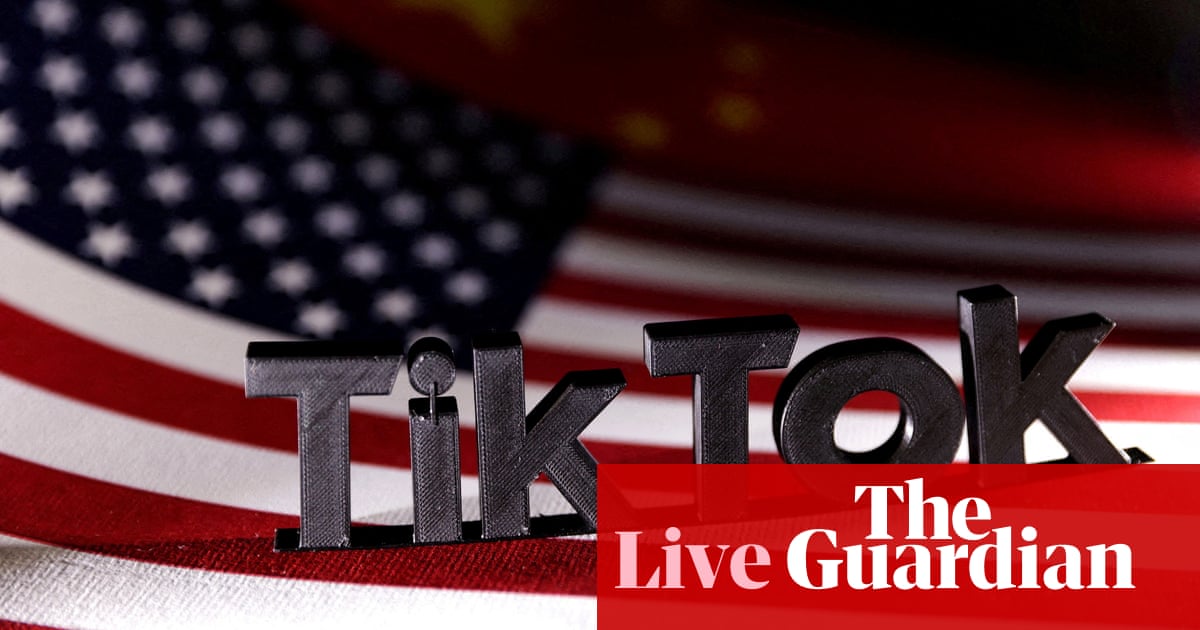The federal law to ban TikTok overwhelmingly passed the Senate and House last April. It came a year after Montana was the first state to ban TikTok, although a judge blocked that law on free speech grounds.
The law, known as the Protecting Americans from Foreign Adversary Controlled Applications Act, was signed by Joe Biden last spring. It came two years after the president banned TikTok on federal government phones and laptops.
The US government has consistently said TikTok is a national security threat. Lawmakers say that China has the potential to control what people see on the app and spread propaganda. They also fear China could gain access to Americans’ sensitive data and monitor their behavior.
“Your platform is basically an espionage platform for the Chinese Communist party,” said Josh Hawley, a Republican senator from Missouri, during a Senate judiciary committee hearing last January with TikTok’s CEO, Shou Chew.
To date, the US government has not disclosed evidence that Beijing or ByteDance has used TikTok to manipulate Americans.
TikTok has 170 million US users on its platform, about half of the country’s population, and the prospect of banning the app has brought together unlikely allies. On one side are those who herald the ban, saying TikTok has the potential to be manipulated by the Chinese Communist party, which includes a bipartisan coalition of Congress members.
On the other side are countless influencers, civil liberties groups and, more recently, Donald Trump, who first proposed banning TikTok nearly five years ago. Now, Trump and others say prohibiting Americans from accessing the app would violate the free speech of tens of millions of people.
“The government’s attempt to cut US users off from speaking and sharing on TikTok is extraordinary and unprecedented,” said Patrick Toomey, deputy director of the American Civil Liberties Union’s National Security Project.
The US supreme court will hear oral arguments over the fate of TikTok on Friday. It’s the latest battle in the long war over whether to ban the tremendously popular social media app in the US – and will force the justices to weigh the importance of national security with the freedom of speech.
TikTok and its parent company, Chinese-based ByteDance, asked the supreme court to review the case after a lower court ruled last month to uphold a law to ban the app in the US. That ban is scheduled to go into effect on 19 January, unless ByteDance sells TikTok’s assets to a non-Chinese company. While ByteDance has the option to divest, it claimed in a legal filing that divestiture “is simply not possible: not commercially, not technologically, not legally”.
Oral arguments are expected to last two hours, during which each side will be allotted time to make their case. In a filing, the court wrote that both sides should be prepared to argue whether the ban violates the first amendment.
We will bring you all the latest from the hearing, set to start at 10am ET.








